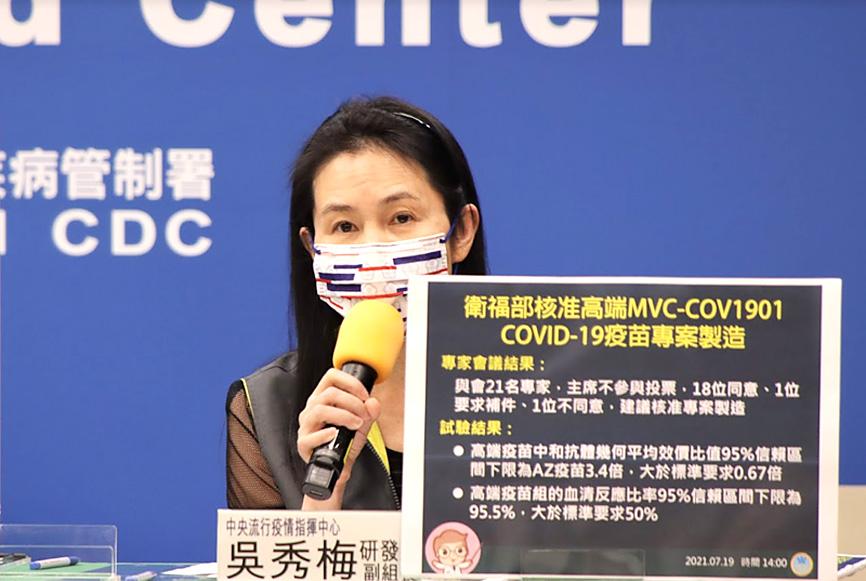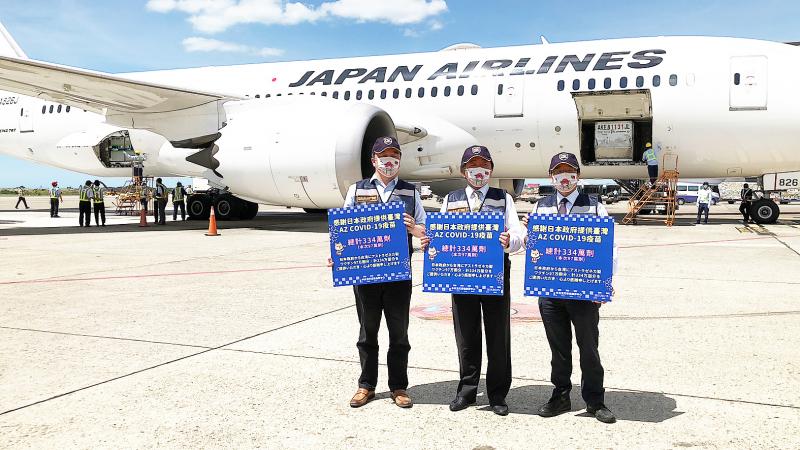On July 1, the Chinese Communist Party (CCP) celebrated its centennial.
Former Chinese Nationalist Party (KMT) chairs Lien Chan (連戰) and Hung Hsiu-chu (洪秀柱), as well as People First Party Chairman James Soong (宋楚瑜) and New Party Chairman Wu Cherng-dean (吳成典), cosigned a telegram to Beijing to show support and congratulate Chinese President Xi Jinping (習近平) and the CCP.
Lien and Hung led the KMT in the era following the death of former president Chiang Ching-kuo (蔣經國), and Soong has been called Chiang’s chosen heir.













